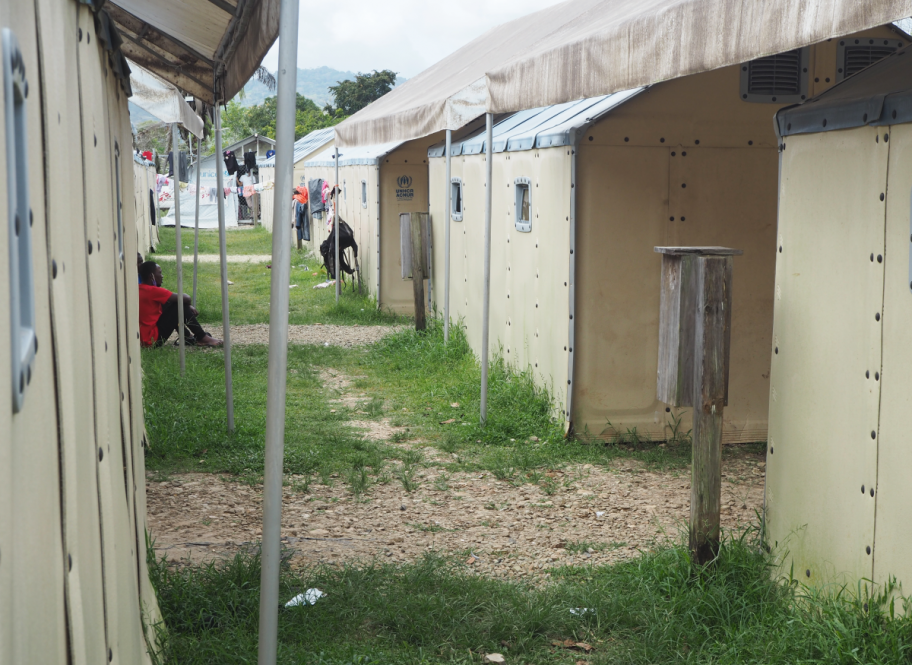In 2023, the U.S. Customs and Border Patrol reported 2.5 million migrant encounters at the U.S.-Mexico border, marking a five-fold increase since 2017. Notably, for the first time, half of these migrants, including many families, came from Venezuela, Nicaragua, Haiti, Cuba, and regions outside of the Americas.
“This diverse population of nationalities and profiles of female and children migrants presents novel linguistic, cultural, and health service needs en route to the border. Despite this population’s needs for protections and access to health services, migration policies in Central America, influenced by the United States, limit travel through legal ports of entry and push migrants to increasingly dangerous transit routes,” says Madeline Baird, a Ph.D. student in the Department of Anthropology in the College of Liberal Arts and Sciences.
Baird is working with her advisor, César Abadía-Barrero, an associate professor in the Department of Anthropology and the Gladstein Family Human Rights Institute, on her dissertation, which uses ethnographic methods to explore how U.S.-influenced immigration policies impact migrants’ path and health outcomes.
Baird hopes the project will inform national, regional, and local migration and health policy to promote human rights and public health for people headed to the U.S. southern border.
“Maddy is one of our outstanding graduate students and her work is a model of how anthropology can address real-world, pressing issues,” says Christian A. Tryon, professor and Anthropology Department Head.
According to Abadía-Barrero, the study would be among the first to show how U.S. migration policies shape migrant trajectories, humanitarian responses, and associated health outcomes.
To support Baird’s research, UConn’s Institute for Collaboration on Health, Intervention, and Policy (InCHIP) has awarded Baird its Dissertation Assistantship Award.
“InCHIP is delighted to support Madeline’s vital dissertation research through its Dissertation Assistantship Award. Madeline’s project is innovative and timely and has the potential to make a significant public health impact for migrants traveling to the U.S.-Mexico border,” says InCHIP Director Tricia Leahey.
“The Dissertation Assistantship will provide essential resources to enable me to concentrate the upcoming academic year on completing analysis and writing of the results of my research in Mexico and Panama. Thank you to InCHIP for this support to advance my research on human rights protections and health equity for migrants in transit to the U.S. southern border,” says Baird.
Launched during the 2023 academic year, the Assistantship Award aims to fill a gap at UConn by providing financial support to behavioral and social sciences graduate students as they complete dissertations relating to human health. Recipients can choose to use the award part-time over two semesters or full-time across one semester.
In addition to this financial support, awardees can tap into InCHIP’s network of principal investigators who are leaders in the fields of public health and applied social and behavioral health research.
Previous Assistantship Award recipients include Jude Ssenyonjo, a Ph.D. candidate in health promotion sciences in the College of Agriculture, Health, and Natural Resources, and Maritza Vasquez Reyes, a Ph.D. candidate in the School of Social Work.
In 2023, Baird was awarded InCHIP’s 2023 Jeffrey D. Fisher Health Behavior Change Research Fellowship. The fellowship awards funding to one outstanding UConn graduate student working on their dissertation in health behavior.
More information about Baird’s research is available here.



